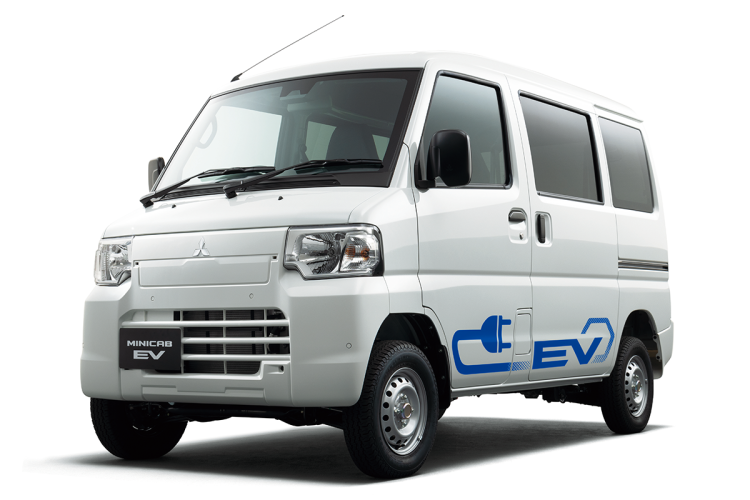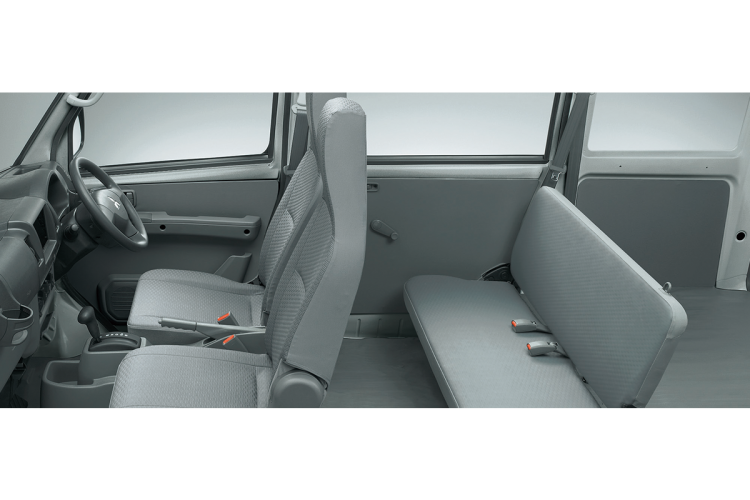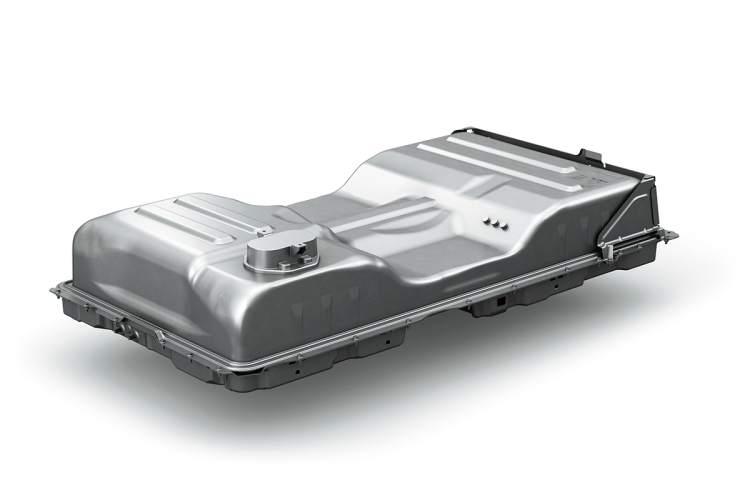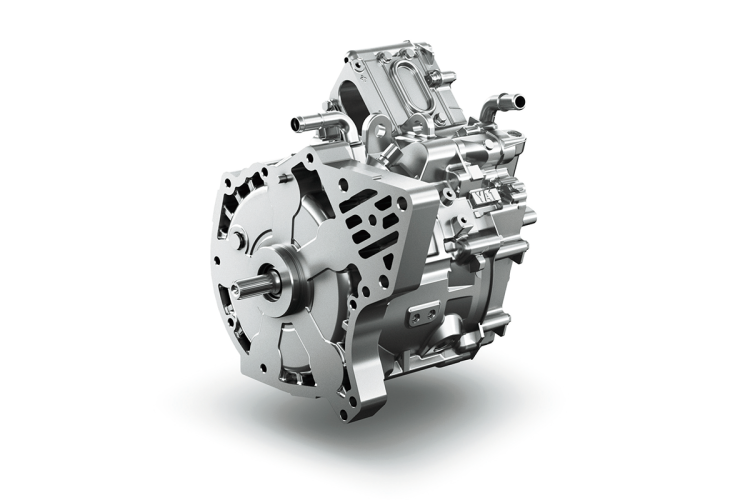Mitsubishi Minicab Electric Commercial Vehicle to Launch in December

[ad_1]
Mitsubishi has announced that the new Minicab EV, a kei-car class electric commercial vehicle with a monobox design, will go on sale in Japan on December 21. The Minicab EV two-seater is priced at 2,431,000 yen, and the four-seater is priced at 2,486,000 yen (10 percent consumption tax included).

The new Minicab EV is based on the Minicab-MiEV, which has sold approximately 13,000 units over the past 12 years. By leveraging the expertise gained through the development and maintenance of the Minicab-MiEV, the new Minicab EV offers an improved cruising range as well as enhanced safety and convenience features to answer the needs of commercial customers.
In response to the accelerating efforts for decarbonization aimed at achieving carbon neutrality by 2050, and the growing demand for kei-car class electric commercial vehicles from the logistics industry and government agencies, Mitsubishi Motors will contribute to the reduction of CO2 emissions in the last mile of commercial use with the new Minicab EV.

Product overview
The Minicab EV is a kei-car class electric commercial vehicle with a monobox design and is equipped with a new generation of electric components including the motor and drive battery. The cruising range has been extended to 180 km (in WLTC mode) per charge, which is an increase of approximately 35 percent compared to the previous model. A normal charging at AC200V (15A) takes approximately 7.5 hours to fully charge the battery, so if the battery is charged after work, it will be fully charged and ready to use when work begins the next day. In addition, up to 80 percent of the battery can be charged in approximately 42 minutes with quick charging.
The new electric motor produces a maximum torque of 195 Nm instantly, so even when the vehicle is heavily loaded with cargo, it retains the smooth and powerful driving performance unique to an electric vehicle, delivering a crisp, stress-free driving. Moreover, the new motor and inverter have been integrated into a single unit for enhanced quietness, allowing users to drive early in the morning or late at night with no fear of disturbing others. The price has been kept at the same level as the previous model, while improving the cruising range and enhancing the safety features.

A new generation of Mitsubishi Motors’ unique EV system
Compared to the previous model, the capacity of the drive battery has been increased by 25 percent. The motor and inverter have been integrated into a single unit to improve motor efficiency, resulting in a cruising range of 180 km (in WLTC mode) per charge, which is a 35 percent increase over the previous model.
Safety features
Active safety technologies such as the Forward Collision Mitigation system (FCM), Lane Departure Warning (LDW), Automatic High Beam (AHB), and Ultrasonic misacceleration Mitigation System (UMS) when driving forward have been adopted to improve safety performance. With the enhanced safety features, the new Minicab EV qualifies for the Safety Support Car S Wide promoted by the Japanese government.
Hill Start Assist (HSA), which prevents the vehicle from rolling backwards when starting on a steep hill, has been added for safe and worry-free starting.

Convenience features
A power outlet (AC100V, maximum 1500W) is provided at the rear of the floor console to allow electricity to be drawn from the vehicle at any time. This allows for the use of electronics and appliances with high power consumption even during disasters or other emergencies.
At the instrument panel, Type C and Type A USB charging outlets are available as factory options, and a smartphone tray has been added for user convenience.
Road performance
The damping performance of the front and rear shock absorbers has been improved to enhance passenger comfort and decrease cabin sway, thereby reducing the stress placed on the cargo.
Actual power consumption is improved by increasing the regenerative power when in the B position, which makes active use of the regenerative brake.
[ad_2]